May we introduce
The actively involved citizens and experts bring diverse competencies from education, science, culture, business and society into the development and program work of the urban laboratory. The Digital City Darmstadt team coordinates the process and supports implementation.

People who help develop the city lab
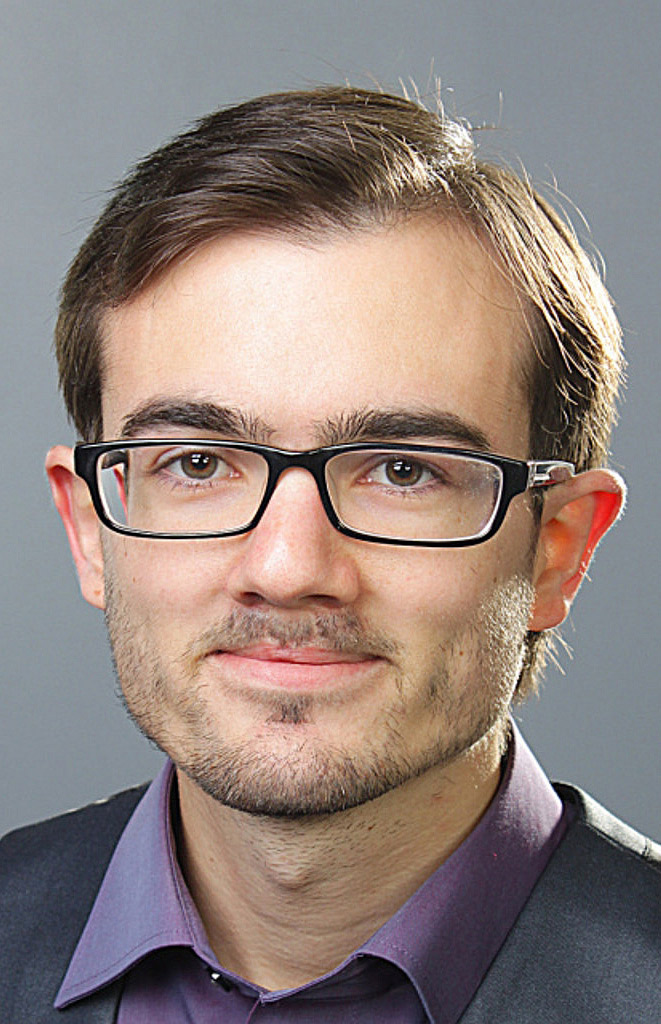
Steffen Albus is the first chairman of Digitale Darmstadt e. V., whose motto is: "Digitization in the service of society, instead of a society in the service of digitization". Since its founding in 2015, the association has organized various web assemblies. "Digitization is close to my heart personally," says Albus, "But it needs the right trajectories so that we can all benefit from it."
Steffen Albus
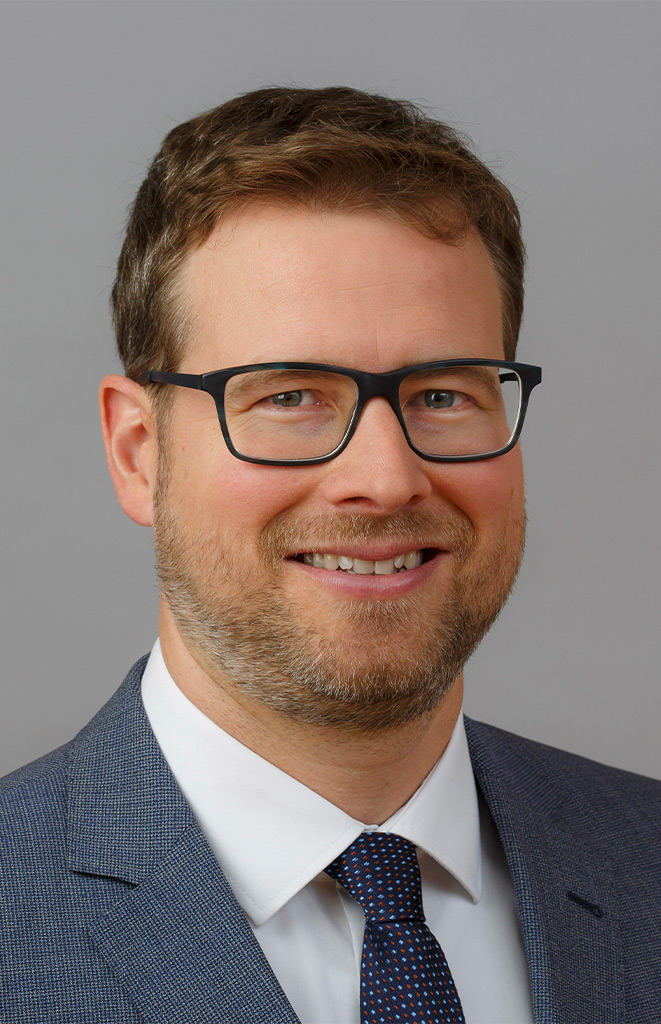
Christian Thyes develops digital business models for industry at Fraunhofer LBF. Fraunhofer LBF creates, evaluates and implements customized solutions for components and systems, especially for safety-relevant components and systems. As a scientist and citizen, he strives to make digitization economically, socially and culturally useful for people.
Christian Thyes
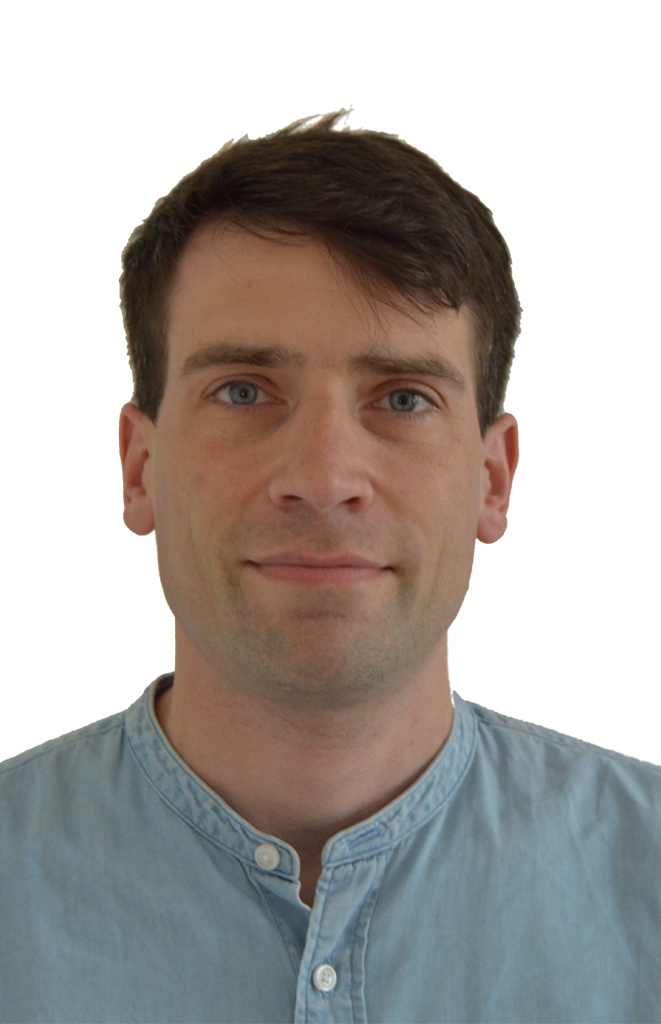
Dr. Joachim Schulze is an architect at the Department of Architecture at TU Darmstadt. In the field of 'Design and Urban Development' he is involved in international research projects on sustainable design of buildings and cities. Currently, he is working at the LOEWE center 'emergenCITY', which deals with the resilience of digital cities of the future and cooperates with the Smart City Darmstadt.
Dr. Joachim Schulze
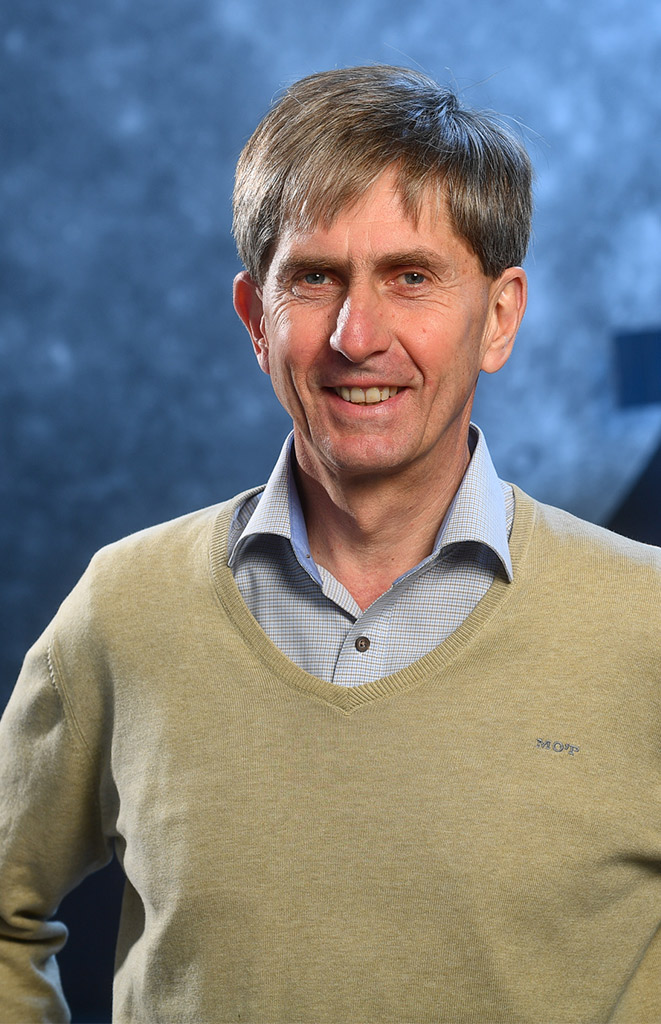
I am head of the Future Concepts department at the ESA Control Center in Darmstadt. This also involves working with Smart City. Involving outsiders in digitization is a challenge.
Michael Schmidt
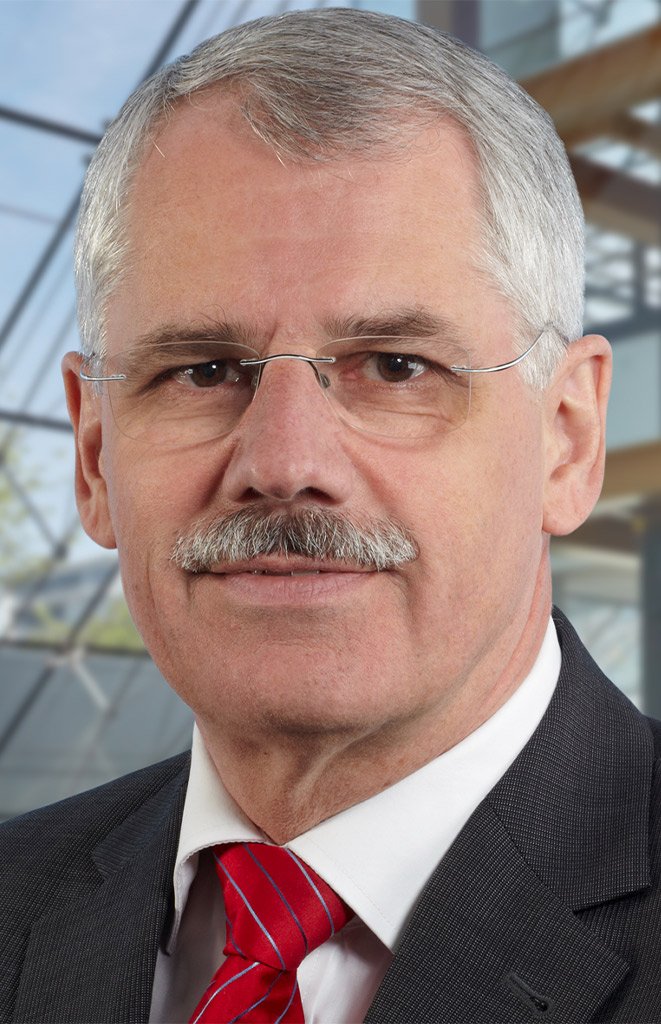
Dr. Joachim Rix was a computer scientist at the Fraunhofer Institute for Computer Graphics Research IGD. In the department of geodata management, he dealt with interactive 2D and 3D visualizations of geodata. The aim is to present information, e.g. through the city model, in a comprehensible way and to make it usable. The technology was prepared for applications in citizen participation.
Joachim Rix †
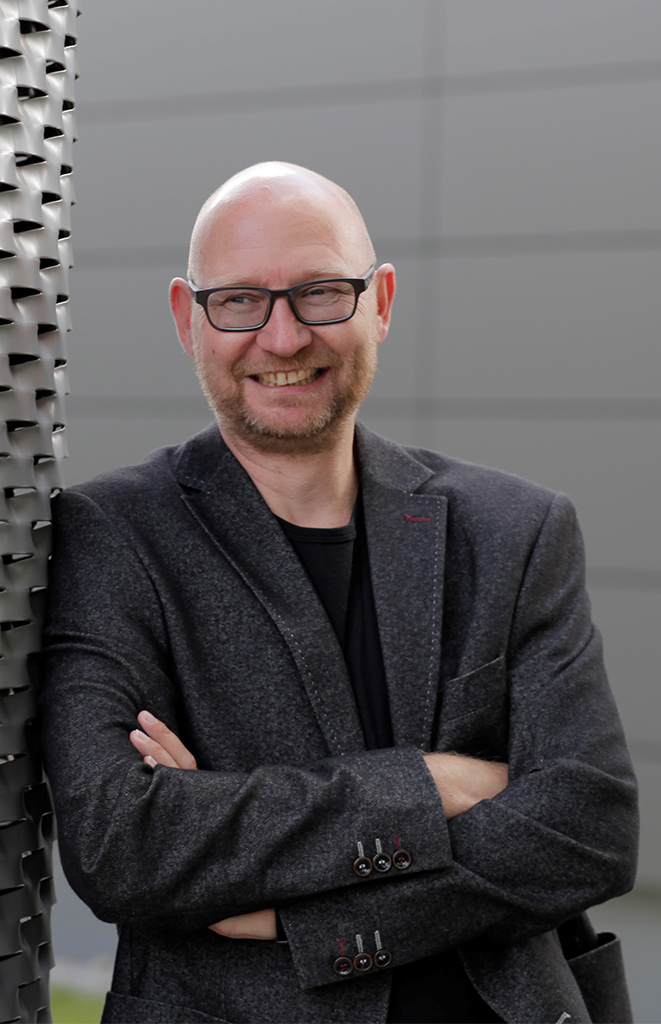
Prof. Dr. Thomas Pleil is the spokesperson for the Digital Communication and Media Innovation Research Center at Darmstadt University of Applied Sciences and has established the Online Communication course. Among other things, he works on lifelong learning and digital competence. In the city lab, he wants citizens to get to know digital technologies, experiment and exchange experiences.
Prof. Dr. Thomas Pleil
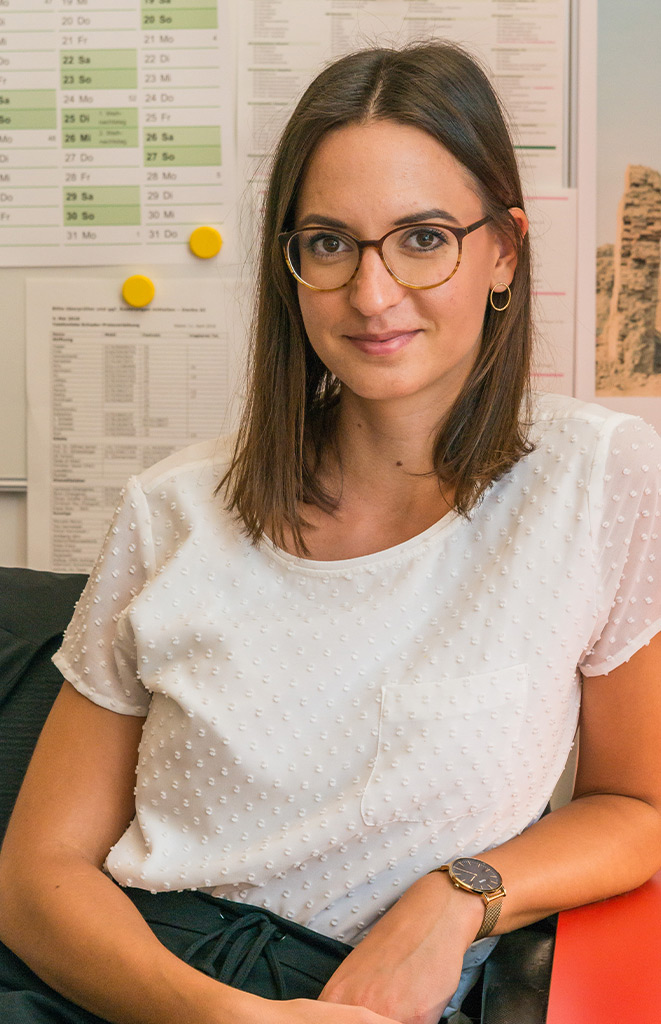
Laura Pauli is Personal Assistant to the Board of Directors of the Schader Foundation, which promotes dialogue between the social sciences and practice, including in the thematic field of "Kulturelle Praktiken 4.0". Digitalization in work, health, environment and society are focal points of projects on the Schader Campus. To this end, the foundation cooperates with regional, national, and international actors.
Laura Pauli

At the Darmstadt-based Fraunhofer Institute for Secure Information Technology, Dr. Michael Kreutzer coordinates the Smart City and Smart Region projects. As a leading institution for applied cybersecurity research, SIT specializes in security and data protection in the digital world. In 2017, the institute's director, Dr. Michael Kreutzer, was appointed Chief Digital Officer of the Wissenschaftsstadt Darmstadt.
Dr. Michael Kreutzer
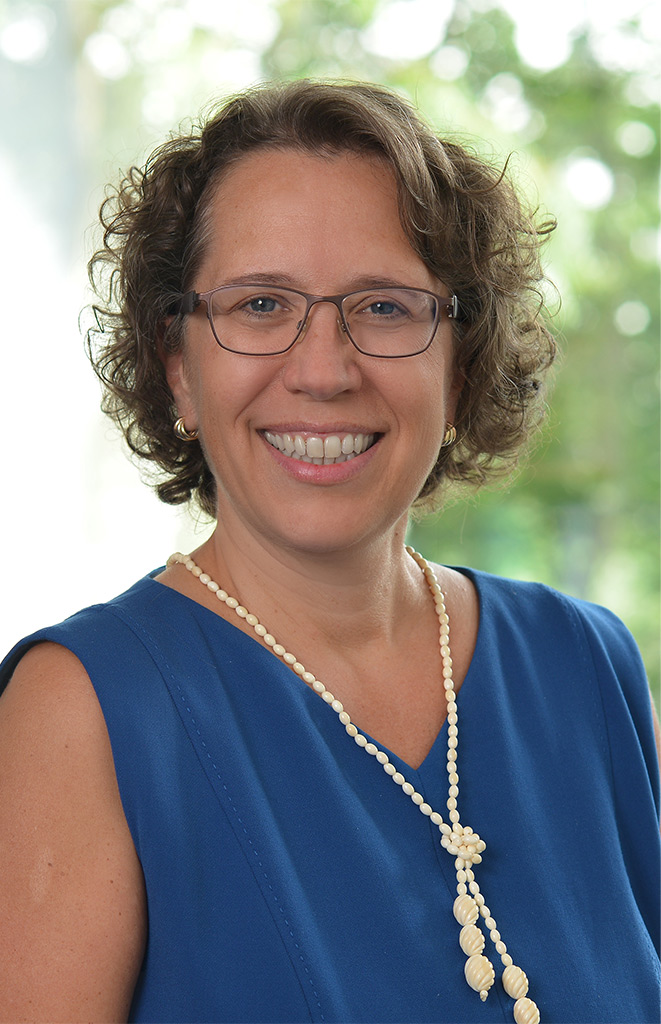
Michèle Knodt is Professor of Political Science at TU Darmstadt, Director of the Jean Monnet Centre of Excellence "EU in Global Dialogue" (CEDI) and holds deputy positions for the LOEWE Center of Excellence 'emergenCITY', the Research Training Group "Critical Infrastructures" and the TU Profile Area "Energy Systems of the Future". Her new center of excellence is called "@school".
Michèle Knodt
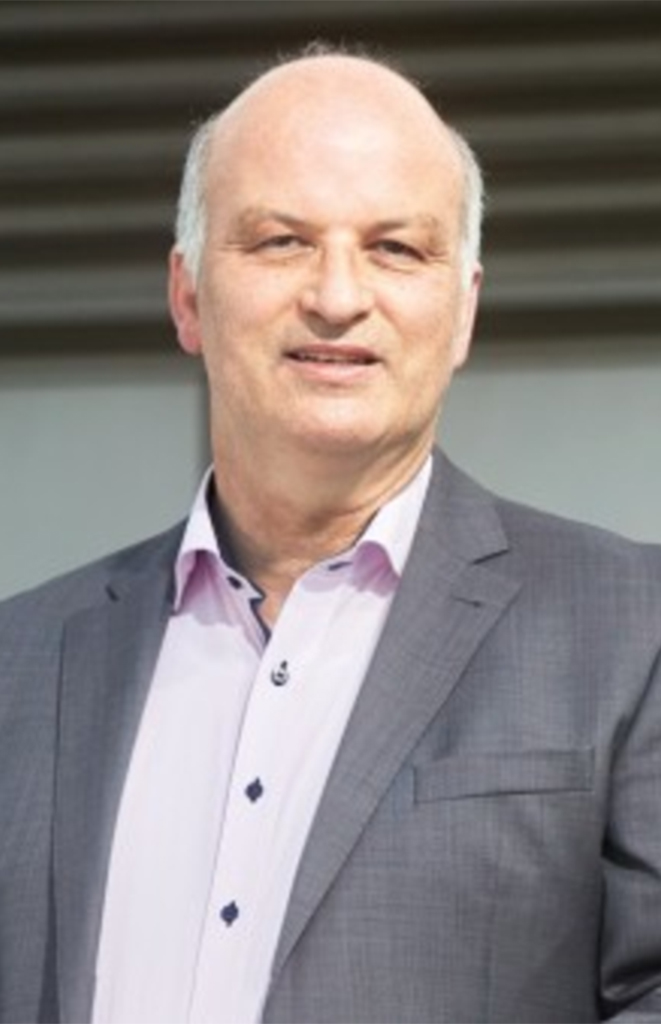
Antonio Jorba holds a degree in computer science and works at Stadtwirtschaft Darmstadt for the subsidiary COUNT+CARE GmbH & Co. KG (ENTEGA). In the IT Lab, which he heads, projects on digital cities and regions are carried out and young people are trained for this purpose. Mr. Jorba is divisional lead for cybersecurity at Digitalstadt Darmstadt and contributes his interdisciplinary networking.
Antonio Jorba
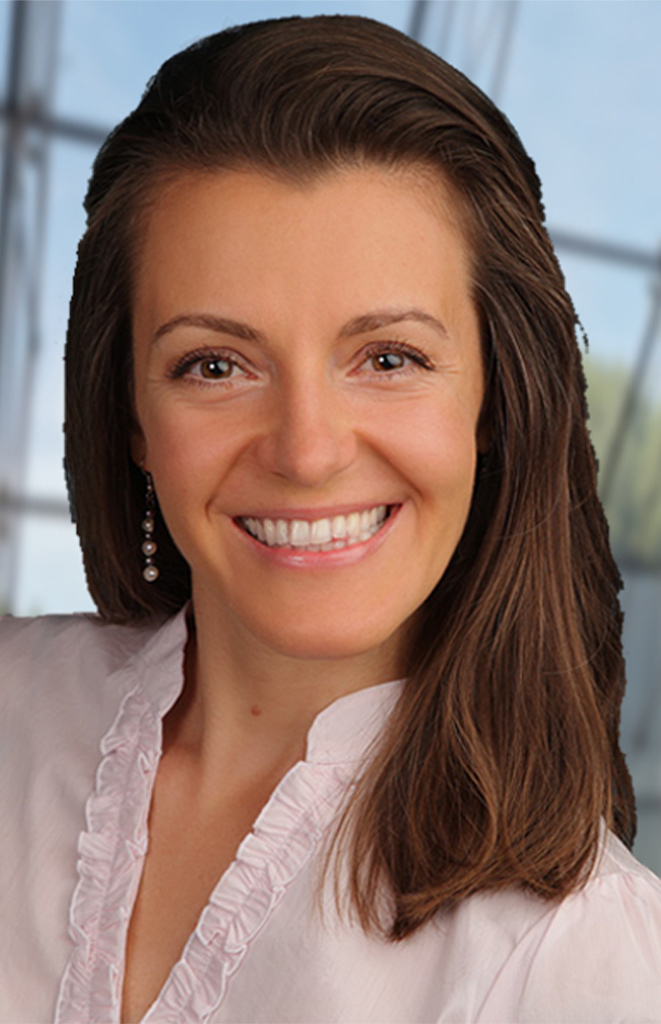
In the Department of Geoinformation Management at the Fraunhofer Institute for Computer Graphics Research IGD, Veneta Ivanova is involved in project management and technology exploitation. As part of the 'smarticipate' team, she wants to support digitization in Darmstadt and enable citizens to get involved in infrastructure planning and make Darmstadt a better place to live.
Veneta Ivanova
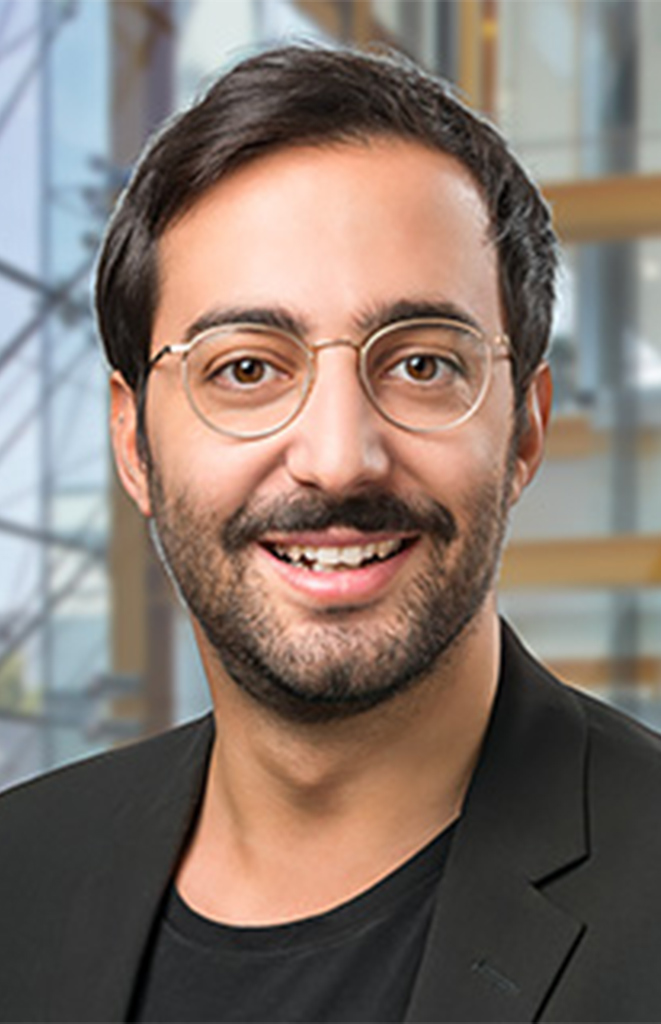
Ivan Iovine is an interaction designer in the Geodata Management department at the Fraunhofer Institute for Computer Graphics Research IGD and part of the 'smarticipate' team. He deals with graphical user interfaces. He has been designing geospatial and 3D data visualizations for 2 years and has experience with citizen participation and urban planning.
Ivan Iovine
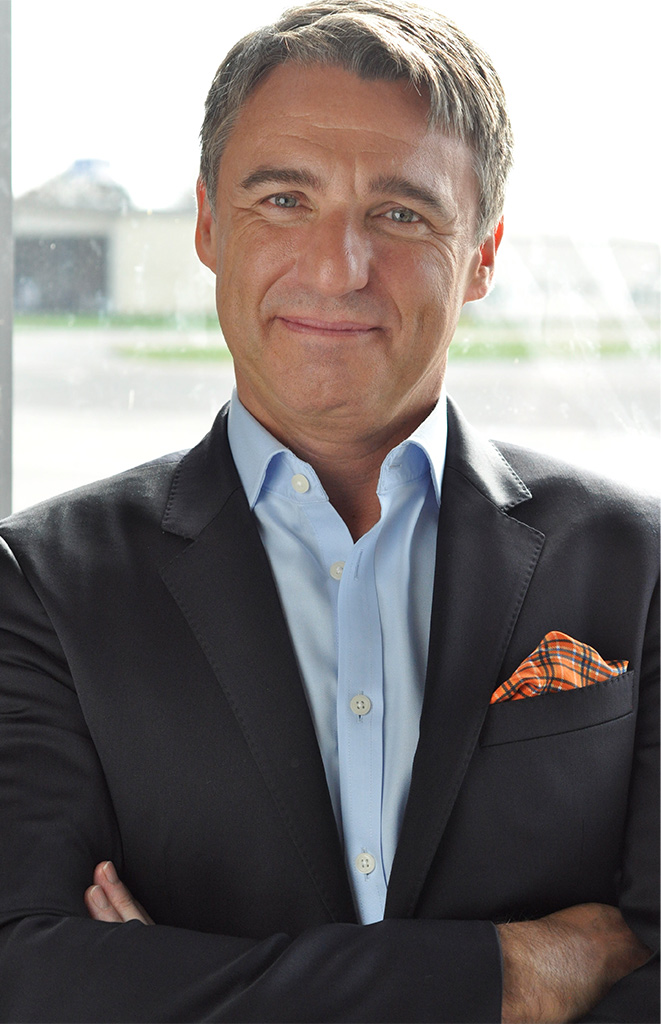
Harald Holzer is managing director of the HIGHEST innovation and start-up center at TU Darmstadt and head of the research transfer unit. He has founded start-ups and has experience as a business angel and managing director. He wants to see sustainably successful start-ups emerge from the TU Darmstadt environment and for business and society to benefit from research.
Harald Holzer
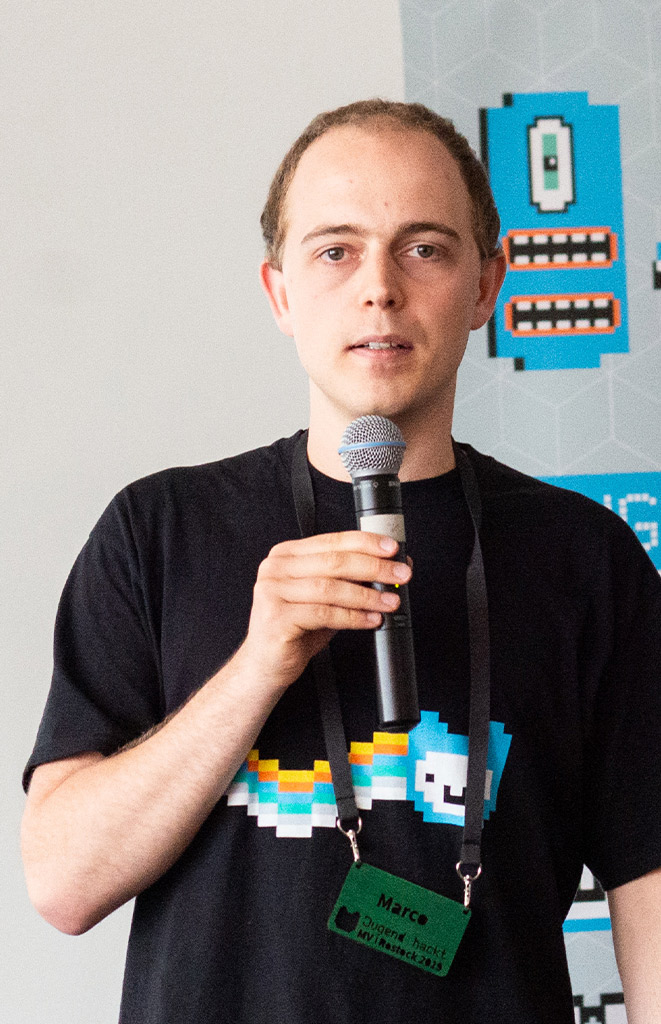
Marco Holz is a research assistant at the TU Darmstadt and a member of the Chaos Computer Club Darmstadt. The club is concerned with sustainable IT and the social impact of technology and IT security. Its activities range from technical research, campaigns, policy advice, publications to the operation of non-profit IT infrastructure.
Marco Holz
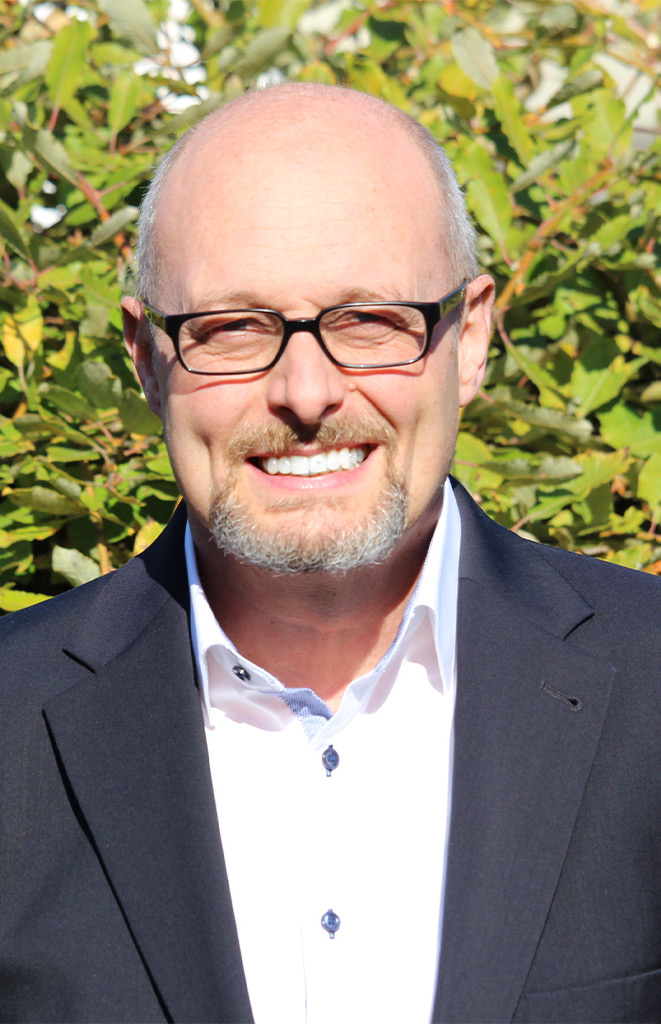
I am the managing director of the Institut für Medienpädagogik und Kommunikation e.V. (Institute for Media Education and Communication) and have been concerned with the need for contemporary media education for over 30 years.
Peter Holnick
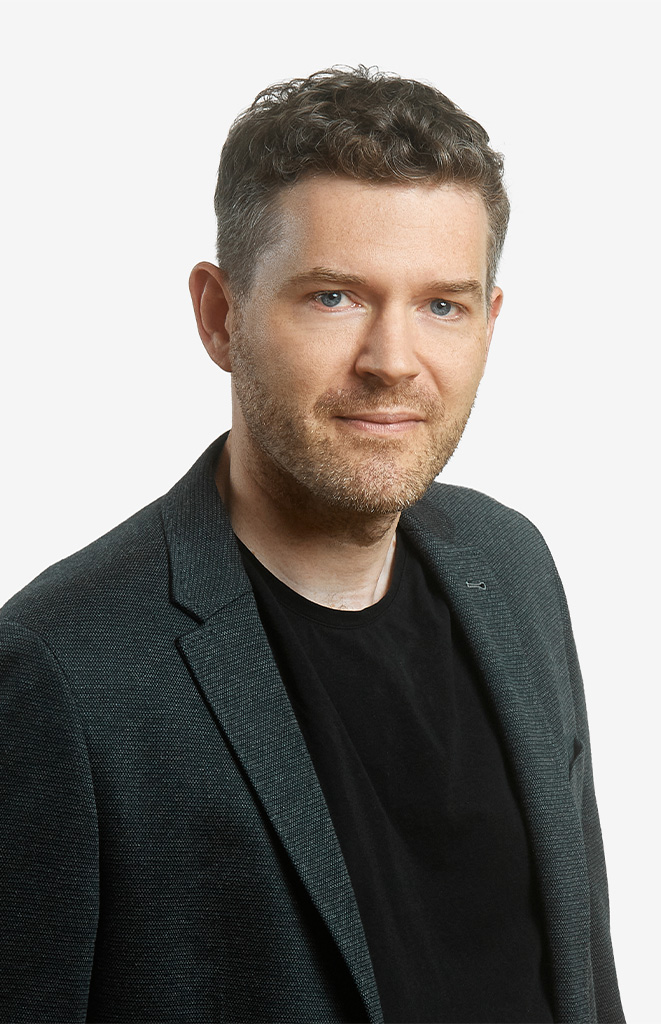
Daniel Hanss is Professor of Environmental Psychology and Sustainability at Darmstadt University of Applied Sciences. There he heads the Citizens' Panel, a digital participation platform through which people from Darmstadt and the surrounding area can contribute their opinions to innovation processes for sustainable development in the region. In his research projects, he focuses, among other things, on what motivates people to contribute to environmental and climate protection in their everyday lives.
Prof. Dr. Daniel Hanss

Dr. Stefan Göbel (habil.) is a true Darmstadt native from the Arheilgen district. As head of the 'Serious Games' group at the TU Darmstadt, he is interested in playful contributions to society, e.g. for imparting knowledge, for access to cultural topics or for promoting health and environmentally friendly mobility behavior.
Dr. Stefan Göbel (habil.)
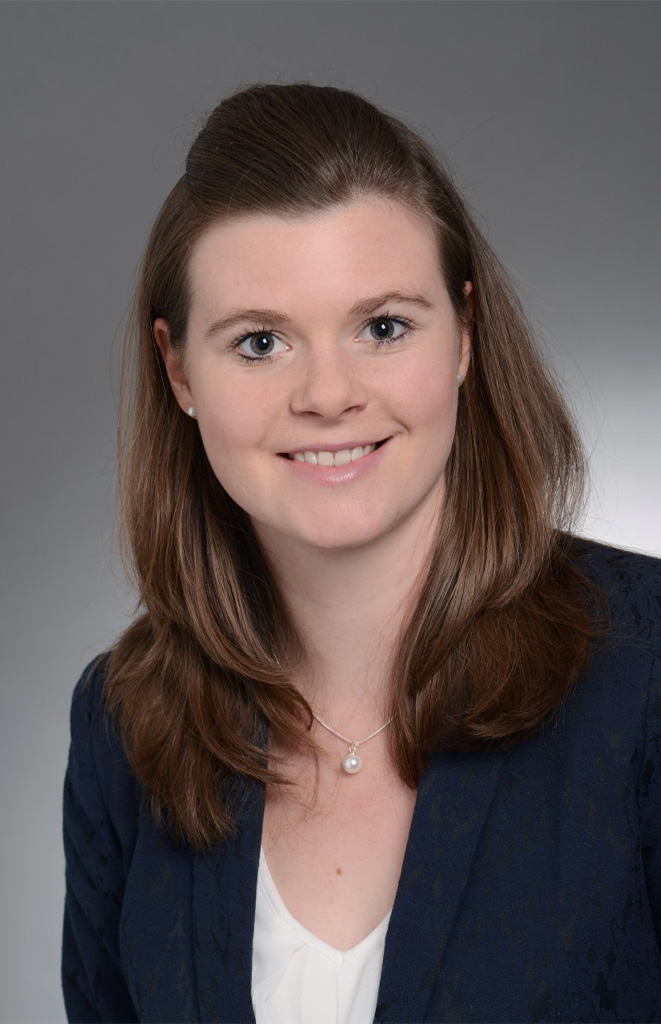
Lena Feilke is responsible for the area of "work and career", digital course and new forms of learning at the VHS Darmstadt.
Lena Feilke
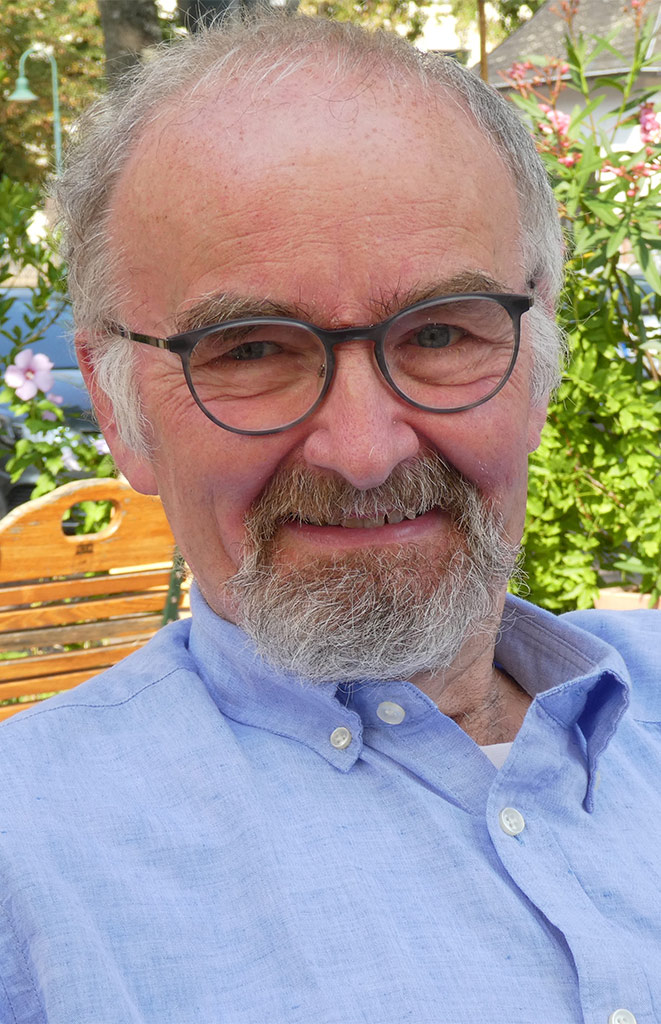
Dr. Gerhard Barnickel conducted research as a scientist at Merck. His task was to predict properties of active pharmaceutical ingredients using 3D graphics and AI methods. Since retirement, he has been active as a volunteer. He is particularly interested in the social consequences of digitalization and in countering the prevailing belief in Big Data and the algorithms that guide actions with a critical mind.
Gerhard Barnickel
